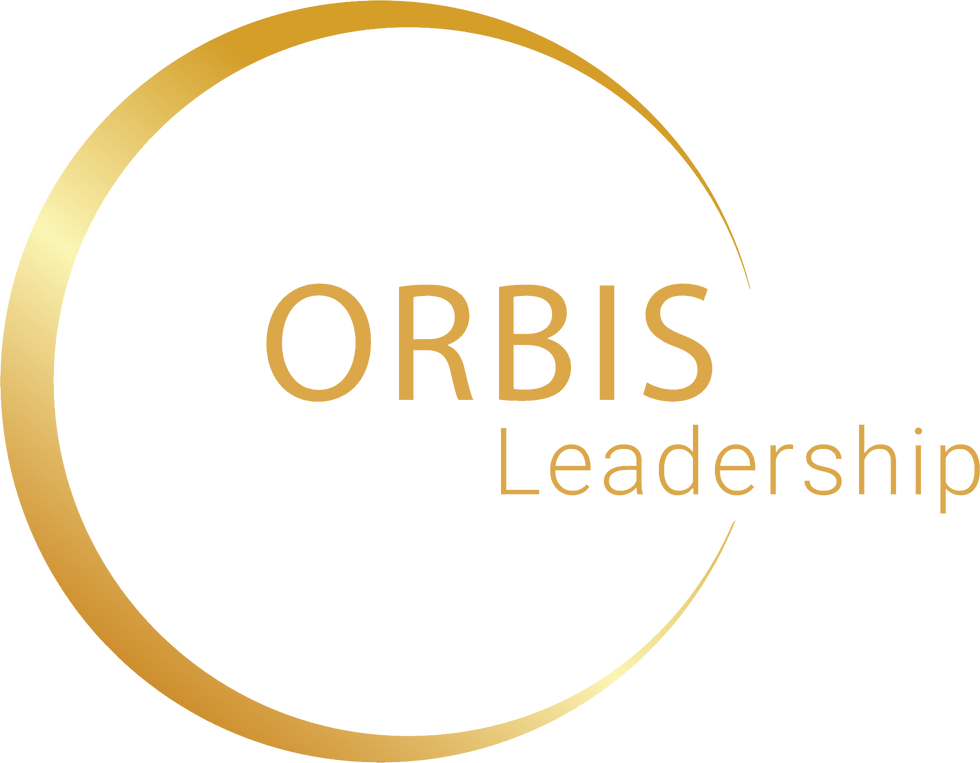Why Plain Language is the Obvious Choice for Global Companies
- Orbis Leadership

- Sep 19, 2023
- 2 min read
Updated: Oct 12, 2023
Every organization needs to communicate well to be successful. When you have teams working across multiple geographies, cultures and languages, communication become even more critical, and often more challenging. Language and cultural barriers can disengage employees, increase costly misunderstandings and hurt productivity.

One way companies can mitigate the risk is to promote the use of plain language, a straightforward style of communication that puts a premium on clarity and simplicity. Written or spoken, plain language eschews complex jargonand fancy words (like eschew). The hallmark of plain language is clear, simple words and concise, well-organized content.
Sounds like an obvious choice for any company struggling with wordy, jargon-filled writing. But plain language offers additional advantages for international companies.
Employees from different linguistic backgrounds are more like to understand communication in uncomplicated language. New hires can quickly get up to speed on company policies and procedures, regardless of their linguistic backgrounds. Miscommunication is less likely. And by making information more accessible, plain language promotes diversity and inclusion.
The “plain” in plain English is another feature that helps bridge cultural barriers among employees.
Plain language avoids idiomatic expressions and cultural references that might be challenging for non-native English speakers, or not translate well. When the CEO sends out a message in plain language, chances are it will resonate with a wider audience.
More engaged employees are more productive employees, studies show. The productivity benefits of using plain language go beyond employee satisfaction. Miscommunication can lead to costly errors, delays, and missed opportunities. International companies also face significant legal and compliance risks in the countries where they operate; clear communication makes these easier to manage.

Customers appreciate clear and straightforward information as well, of course. Communicating in a clear, straightforward way helps to build a company's brand reputation. It’s a sign you are committed to transparency and value your customers. By communicating in language that’s easy to understand, global companies can improve loyalty and customer retention.
Plain language simplifies the job of maintaining a consistent brand image across multiple markets.It provides a clear starting point for translating and localizing content, ensuring consistency and accuracy in messaging. And its simplicity makes it easier to translate, reducing translation costs, as well as the potential for cultural misunderstandings.
Managing a diverse workforce in an organization spread across the globe is tough enough as it is. The way you communicate as a company should be greasing the wheels of productivity, not gumming them up. Adopting a communication style that prioritizes simplicity and clarity will make life easier for employees and customers. It’s also good for your bottom line.




Comments